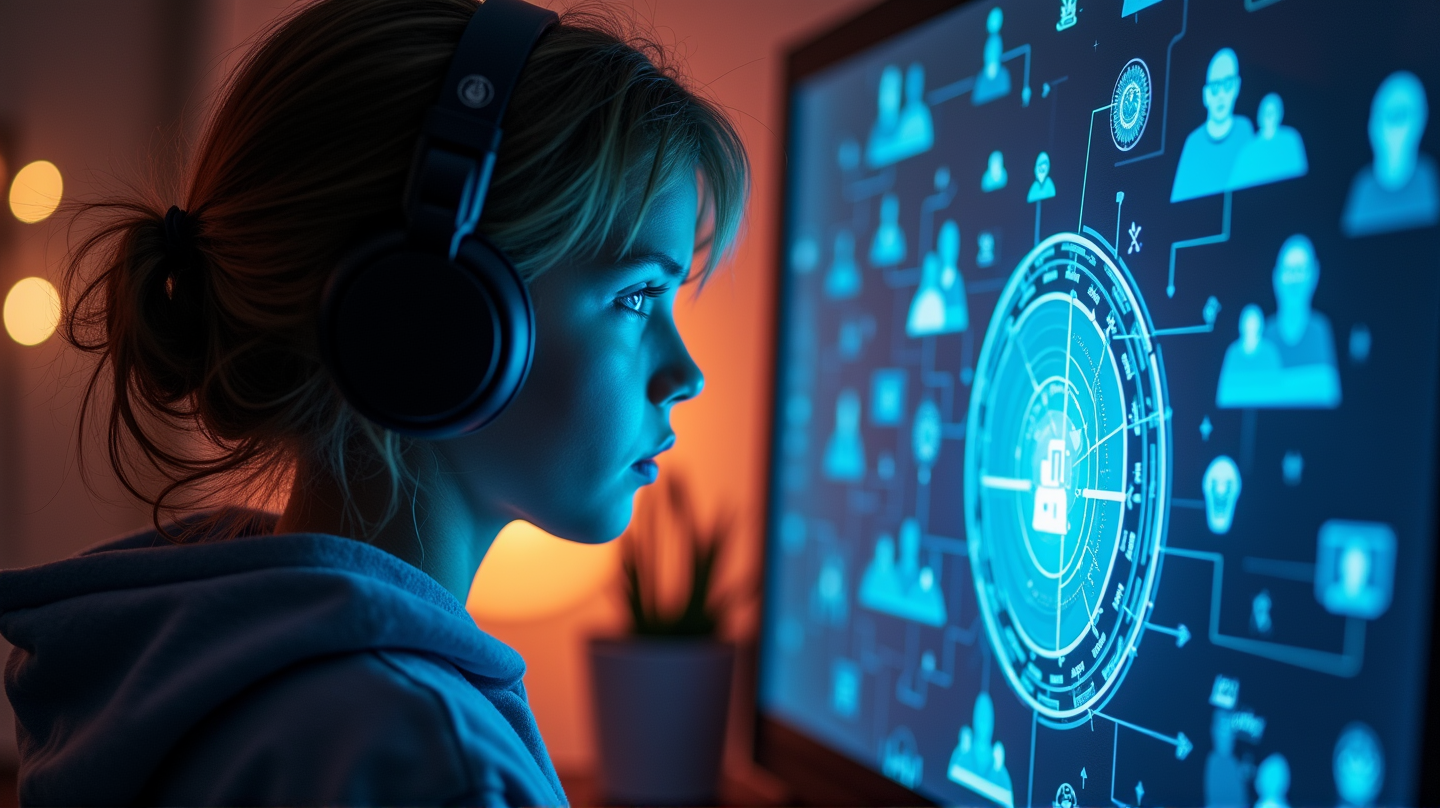AI Chatbots: A Silent Threat to Teenagers' Mental Health?
Teens increasingly seek AI companions, raising mental health concerns. Could chatbots be silently impacting our youth?

In an increasingly digital world, teenagers are embracing AI chatbots as their new best friends. It’s a trend that seems harmless on the surface, yet it raises significant concerns for mental health experts. With nearly three-quarters of teens reporting they’ve used an AI companion in the past year, these virtual interactions are replacing traditional human connections more than ever. We’ve entered an era where a generation is seeking guidance and comfort from machines rather than turning to parents or peers, posing questions about their emotional well-being.
Replacing Parental Guidance
The allure of an AI chatbot lies in its 24⁄7 availability and the unreserved space it offers for expression. However, could this digital companionship be silently impacting the way teens develop emotionally? According to CBS News, the nuanced emotions and moral guidance typically shared by parents might be at risk of being overshadowed by these AI-powered confidants. While chatbots can simulate empathy, they lack the genuine emotional understanding only a human can provide.
Incidents Prompting Action
This shift from human to machine isn’t just hypothetical—it’s already caused incidents that have spurred action from regulatory bodies. The Federal Trade Commission (FTC) has launched an inquiry into chatbot companies after cases of harm were reported. These incidents highlight the potential danger of unchecked chatbot interactions, where AI responses might inadvertently validate harmful thoughts or behaviors.
ChatGPT’s New Direction
In response to growing concerns, OpenAI is considering offering a teen-specific version of its popular ChatGPT model. The aim is to create a safer environment where young users can interact without encountering age-inappropriate content or responses. This move also represents a step towards acknowledging and addressing the unique vulnerabilities and needs of teenage users when they engage with AI technology.
Expert Insights
Dr. Marlynn Wei, a psychiatrist and AI mental health consultant, emphasizes the importance of balancing AI use with human interaction. In discussions with “CBS Mornings Plus,” Dr. Wei stressed that while AI chatbots can offer some level of support, they should not replace parental guidance or professional help when necessary. Understanding the boundary between helpful tool and potential harm is crucial in fostering a healthy digital landscape for teens.
Navigating the Future
As we navigate an increasingly AI-driven world, it’s vital to consider how these technologies affect our younger generations. Encouraging responsible AI use, along with providing education about potential risks, can help ensure these digital companions serve as a constructive, rather than destructive, part of teens’ lives.
In conclusion, while AI chatbots offer valuable tools for support and expression, their impact on teen mental health cannot be overlooked. Striking the right balance between digital and human interaction will be key to safeguarding the well-being of our youth.





